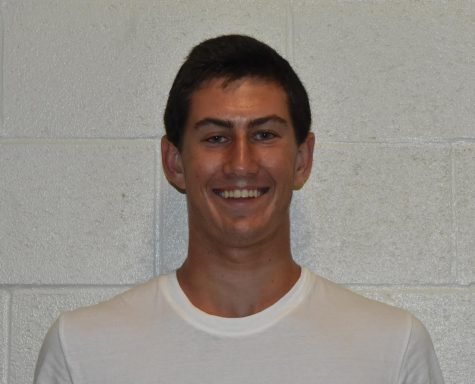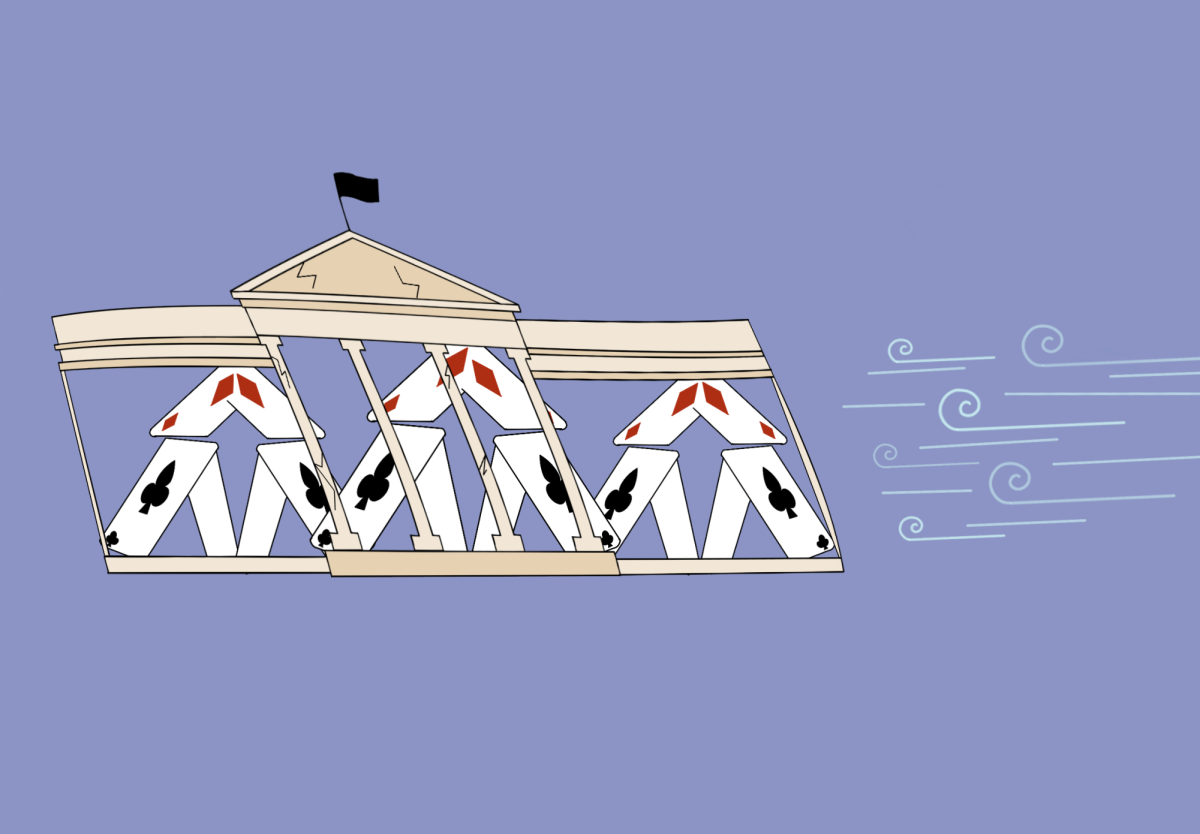Too much too fast: Is rap appropriate for the underage?
September 20, 2017
Cars’ motors rumbling and tires screeching on the asphalt early in the morning at Grady High School are not the only piercing noises in the morning. Car speakers boom loud and clear in the morning, and it isn’t NPR or Taylor Swift.
“Sometimes when my friends drive me to school, they blast the radio. They mostly play rap, but I’m always enjoying it. I’m pretty sure most of my friends play their music really loud in the morning,” Senior Sho Dixon said.
Songs from the new Lil Uzi Vert album Luv is Rage 2 or Kodak Black’s new album Project Baby 2 are popular choices in the parking lot.
Typically, rap and hip hop at the highest volume possible can be an overpowering sound every morning.
Rap in America started around the 1960’s and was used as a slang word meaning that someone was talking or having a conversation. Its popularity continues to increase rapidly each year as more young rappers make their way to stardom, leaving a strong impact on teenagers.
Sophomore Aleks Fogle appreciates rap as a way for people to express themselves.
“Rap to me is super influential and can be inspiring or change my mood at any time based on who I’m listening to,” Fogle said.
Rap may be slang, but it is not always appropriate for younger people. Following the release of Eminem’s album The Marshall Mathers LP in 2002, he began to receive criticism from an unexpected audience: kids.
This leads to the question: Is rap safe enough for high school kids to listen to?
“For some kids, I feel like the influence is a bad one because rap music gives off a certain vibe that most kids want to copy,” junior Katie Dowd said. “I like Kendrick Lamar a lot because his lyrics are very good and usually sends off a good message,” Dowd said.
Not all rap songs can have an encouraging influence on high school kids in particular. Junior Reed Fazenbaker expressed different opinions, feeling as if rap cannot lead to any positivity.
“I think rap has a negative influence on kids for the most part not because it is rap but because most rap songs happen to promote drugs and sexualization of women often in a disrespectful way,” Fazenbaker said.
Even though Fazenbaker disagrees with the message most rap artists send, he does not think all of them are poor.
“I enjoy Chance the Rapper because his work is light. It’s got unique musical elements to it and often promotes a good message. I also follow him on Instagram, and he has a huge passion for his daughter and for life which I think is beautiful,” said Fazenbaker.
As of July, rap and hip-hop reached the top of the music genre list for the first time in American history. Dowd pointed out that as offensive as some of the lyrics may be, it still does not affect relationships if she hears her peers singing rap songs.
“In my friend group I don’t think it impacts us as much as other people, but it causes some people to think that they can say stuff that isn’t right for them to say. People might talk about violence against other people or talk horribly about girls because those things are widely rapped about,” said Dowd.
Despite the increasing popularity in rap, it still does not diminish the other music genres that have lived long in American history, but the beats, rhymes, and style in rap have a unique impact on its culture today.
“I don’t want to spend my time weeding out the few good ones when I could spend my time listening to something that I really enjoy and isn’t so harsh,” said Fazenbaker, “…but sure, they aren’t all bad.”






